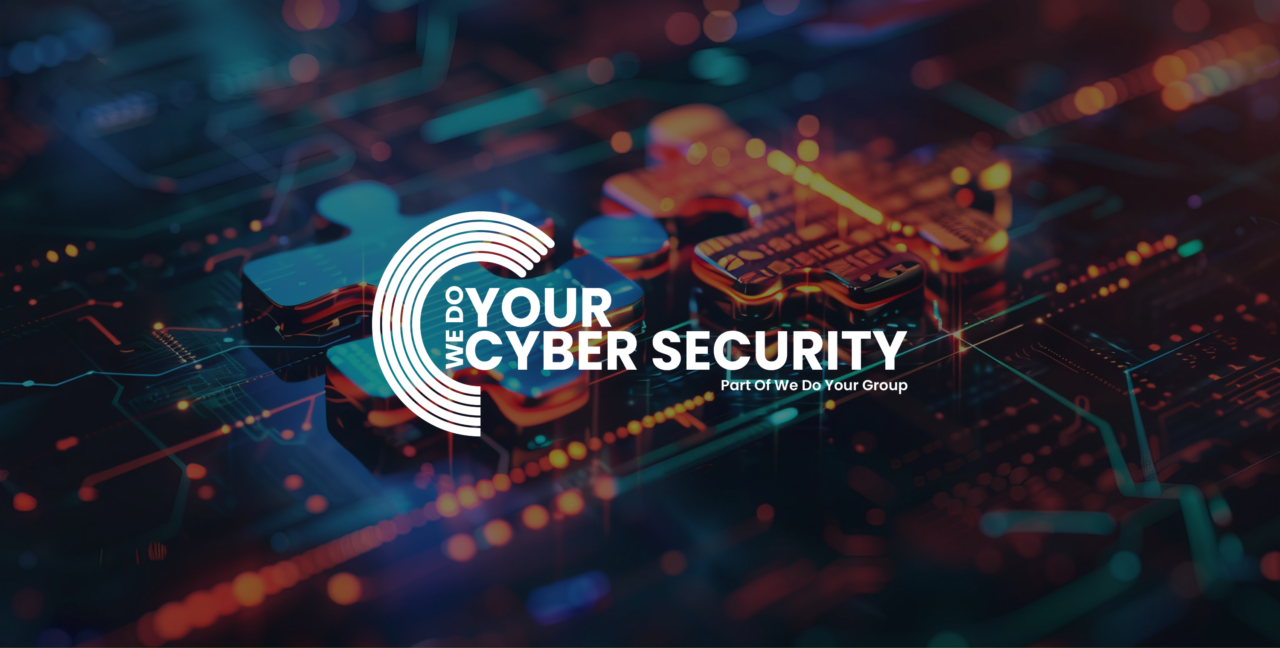

The recent ESET study highlights a concerning trend: 90% of employees admit to using their work laptops for personal activities, such as illegal streaming, gambling, and even accessing the dark web. This behaviour blurs the line between personal and professional use and significantly increases security risks, especially for remote workers. With the rise of working from home, laptops have become versatile tools for daily activities. However, this comes with heightened cyber security risks, including malware attacks and data breaches that could jeopardise sensitive information. Alarmingly, 18% of employees operate without any cyber security software on their work devices, underscoring the urgent need for robust security protocols. Implementing multi-factor authentication and educating employees about their cyber security responsibilities can help mitigate these risks. By prioritising comprehensive security measures, businesses can better protect their corporate assets in an interconnected digital age.
Adopting a multi-faceted approach is essential to protect your business from the cyber security risks related to remote working and the personal use of work laptops. Begin by enforcing strict cyber security policies outlining acceptable and unacceptable uses of corporate devices, primarily when employees work from home. Implement advanced internet security software, including antivirus software, anti-malware, firewalls, and intrusion detection systems, to defend against potential threats. Regularly update and patch all software to reduce vulnerabilities that cybercriminals could exploit, mainly when sensitive information is at stake. Moreover, employee education is vital; conduct regular training sessions to raise awareness about the dangers of malware, phishing scams, and other cyber security risks. Encourage password managers to help employees securely store and manage their passwords, especially when accessing their devices. Cultivating a culture of vigilance is crucial, as well as ensuring employees understand the importance of securing their devices and recognising the potential repercussions of risky behaviours. By integrating these proactive measures, businesses can significantly mitigate their exposure to cyber risks, safeguarding their corporate assets in an increasingly digital world.
Employees’ personal use of work laptops and personal devices opens Pandora’s box of cyber security threats, including malware infections and the lurking dangers of the dark web. Activities like illegal streaming or online gambling on corporate devices can inadvertently expose company data to severe risks. Malware, ransomware, and phishing attacks are just a few potential threats that can arise from this user behaviour, leading to data breaches and significant reputational damage. The absence of robust cyber security software on some operating systems amplifies these vulnerabilities, especially on unsecured networks. As remote working becomes more prevalent, businesses must recognise its associated risks and adopt robust security strategies. Enforcing strict policies to define acceptable use is crucial. By investing in advanced endpoint protection, utilising encrypted network connections, and implementing user behaviour analytics, organisations can strengthen their data security and safeguard against the hidden dangers in today’s multi-faceted digital landscape.
In light of the escalating cyber security threats highlighted by the recent ESET study, businesses must address the risks of remote working by prioritising security measures on corporate devices. As employees increasingly use work laptops for personal activities during remote work, the risk of malware attacks, data breaches, and security breaches grows significantly. The startling revelation that 18% of workers lack cyber security software on their work devices underscores the urgent need for robust security settings. To enhance working-from-home security, businesses must implement advanced endpoint security solutions, regularly update operating systems, and enforce strict cyber security policies. Additionally, user behaviour analytics can help identify potential vulnerabilities while promoting unique passwords and secure login credentials. Equally important is the continuous education of employees about cyber security threats and their responsibilities in safeguarding corporate assets. By adopting a comprehensive approach to cyber security, businesses can protect themselves against the myriad digital threats posed by the intertwined use of personal and professional devices.
Educating employees about their role in protecting corporate assets from security threats is crucial in today’s interconnected digital landscape, especially for remote workers. With the rise of working-from-home cyber security concerns, businesses must recognise that even the most advanced cyber security measures can be compromised by human error. Establishing a robust cyber security culture begins with comprehensive training programs highlighting vigilance’s importance. Remote workers should be well-versed in identifying and avoiding common security threats such as phishing scams, malware, and ransomware, mainly when using personal devices. Training should emphasise the need for an encrypted network connection and the importance of multi-factor authentication to safeguard access to sensitive data stored within the organisation.
Additionally, employees must be educated about the dangers of using weak passwords and the potential risks of family members accessing their devices. Regular training sessions, interactive workshops, and updated educational materials can reinforce best practices for secure device usage. Organisations can significantly mitigate risks and strengthen their defence against myriad digital threats by continuously educating staff and encouraging a proactive approach to cyber security.
In the dynamic cyber security landscape, balancing monitoring and detecting risky employee behaviour on work laptops is crucial for safeguarding corporate data and sensitive information. For remote employees, continuous monitoring can help security teams identify potential threats in real time, but it may also raise privacy concerns and erode trust. On the other hand, implementing robust detection mechanisms focuses on identifying risks without constant surveillance. Businesses must carefully design cyber security strategies to respect employees’ privacy effectively. They are utilising antivirus software and ensuring that current security patches on the most modern devices can facilitate this balance. Advanced endpoint security tools can provide real-time alerts and comprehensive reports on suspicious activities within company networks, allowing for swift responses while respecting personal boundaries. Additionally, fostering a transparent culture where employees understand the necessity and scope of monitoring can help harmonise security measures with privacy considerations. By integrating thoughtful monitoring and clever detection techniques, organisations can protect their digital integrity and corporate data without compromising employee trust.
The misuse of work laptops by employees not only poses significant security risks but also has considerable legal and compliance implications. When working remotely, employees may connect to unsecured Wi-Fi networks or their home Wi-Fi networks, which can expose corporate devices to unauthorised access. Engaging in activities like accessing illicit websites or downloading unlicensed software could lead to data breaches, making employers vulnerable to legal liabilities and regulatory sanctions under laws like GDPR or CCPA. Additionally, if devices are stolen, the risks increase, as sensitive company data may be compromised. A password manager can help mitigate these risks by ensuring strong password practices. Therefore, businesses must enforce strict acceptable use policies, conduct regular compliance audits, and provide all employees with legal and regulatory requirements. Organisations can reduce legal risks and maintain compliance while protecting their corporate assets by prioritising these measures.
The consequences of data breaches from personal use of work laptops can be catastrophic, particularly in remote working. For instance, in the 2017 Equifax breach, one employee’s failure to comply with cybersecurity protocols allowed attackers to access the sensitive data of over 147 million individuals. This incident resulted in significant financial losses, severe reputational damage, and a record $700 million settlement. Another example involved a global law firm where an employee used unapproved software on their device, leading to a ransomware attack that incapacitated operations and resulted in the loss of critical client data. These incidents highlight the urgent need for strict security measures, employee education, and vigilance to mitigate the risks of remote working. Businesses must recognise that a single lapse in protocol on a corporate device can lead to devastating breaches, emphasising the importance of robust cyber security practices to protect the company network.
Businesses must deploy effective strategies to bolster cyber security resilience in unprecedented remote working. One of the foremost approaches is advancing employee training beyond basic security practices, introducing simulations of real-world cyber attacks, and examining response strategies to enhance threat response capabilities. Incorporating zero-trust architecture, which assumes all network traffic is potentially unsafe, can also fortify security by verifying every access request. Additionally, implementing routine security assessments and penetration testing can identify and rectify vulnerabilities before malicious actors exploit them. Encouraging collaboration between IT departments and business units helps create tailored security protocols suited to bespoke operational needs. By investing in these comprehensive strategies, organisations can create a robust digital defence ecosystem that effectively safeguards their assets and ensures business continuity in remote work.

This website uses cookies to improve your experience. Choose what you're happy with.
Required for the site to function and can't be switched off.
Help us improve the website. Turn on if you agree.
Used for ads and personalisation. Turn on if you agree.
This website uses cookies to improve your experience. Choose what you're happy with.
Required for the site to function and can't be switched off.
Help us improve the website. Turn on if you agree.
Used for ads and personalisation. Turn on if you agree.